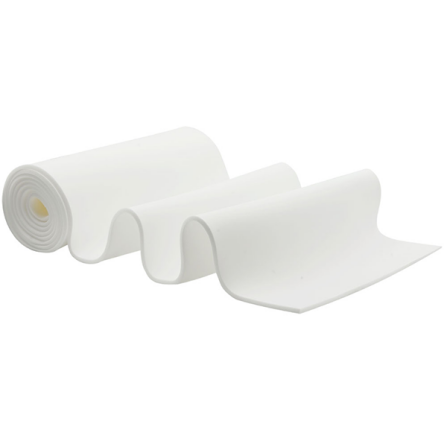18/10/2022
ByWinner Medical
 11225
11225
 Event
Event
No one likes to have to deal with a wound, but it's something that many people do regularly--whether it's getting one from an accident or just suffering a nasty cut in the kitchen. So, it's important to have the right supplies on hand and know what you're dealing with should the need arise. In this article, learn about what Wound Care Supplies you need for emergencies and how to use them properly.

Introduction of wound care supplies
There are a few types of wound care supplies you'll need, depending on the severity of your injury.
If the injury is light, you may only need gauze and tape. If the injury is more serious, you may need a bandage, adhesive tape, antibiotic ointment, and pain relief medication.
The importance of having the right supplies for your specific wound
When it comes to wound care supplies, it is essential to have the right tools for the job. This includes items like bandages, dressings, and ointments. Knowing what is necessary for your specific injury can help you to minimize scarring and heal faster.
Here are some supplies that are commonly used for wound care:
-Bandages: Bandages come in a variety of sizes and styles, including gauze bandages, surgical tape, and adhesive bandages. It is important to choose a bandage that is large enough to cover the wound but not so large that it becomes cumbersome to put on or take off.
-Dressings: A dressing is a type of adhesive bandage that helps to protect the wound and keep it clean. Dressings come in various forms, including cloth strips and pads. It is important to choose the right type of dressing for the condition of the wound. For example, if the wound is moist, a cloth strip may be more effective than a pad.
-Ointments: Ointments are topical medications that are applied to wounds to help heal them and prevent infection.
The factors to consider when picking out supplies that will work for you
When it comes to wound care supplies, there are a few things you need to consider.
First and foremost, you'll want to make sure that the supplies you choose are compatible with your specific needs. For instance, if you're using a bandage wrap, you'll need a bandage that's compatible with that particular type of wrap.
Additionally, you'll want to think about what kind of wound care products you'll be needing. For instance, if you're going to be using a topical ointment or cream, you'll need something to apply it to.
Finally, consider how often you'll be using the supplies and whether or not they're portable. If the supplies are bulky and don't travel well, they may not be the best option for you.
Conclusion
After reading this article, you will have a better understanding of the essential wound care supplies that you should keep on hand. The items on this list are necessary for all types of wounds and can be used in various settings, such as at home or in a medical setting. By stocking up on these supplies, you will be able to provide quality care for your patients while ensuring that they have everything they need to heal quickly and efficiently.